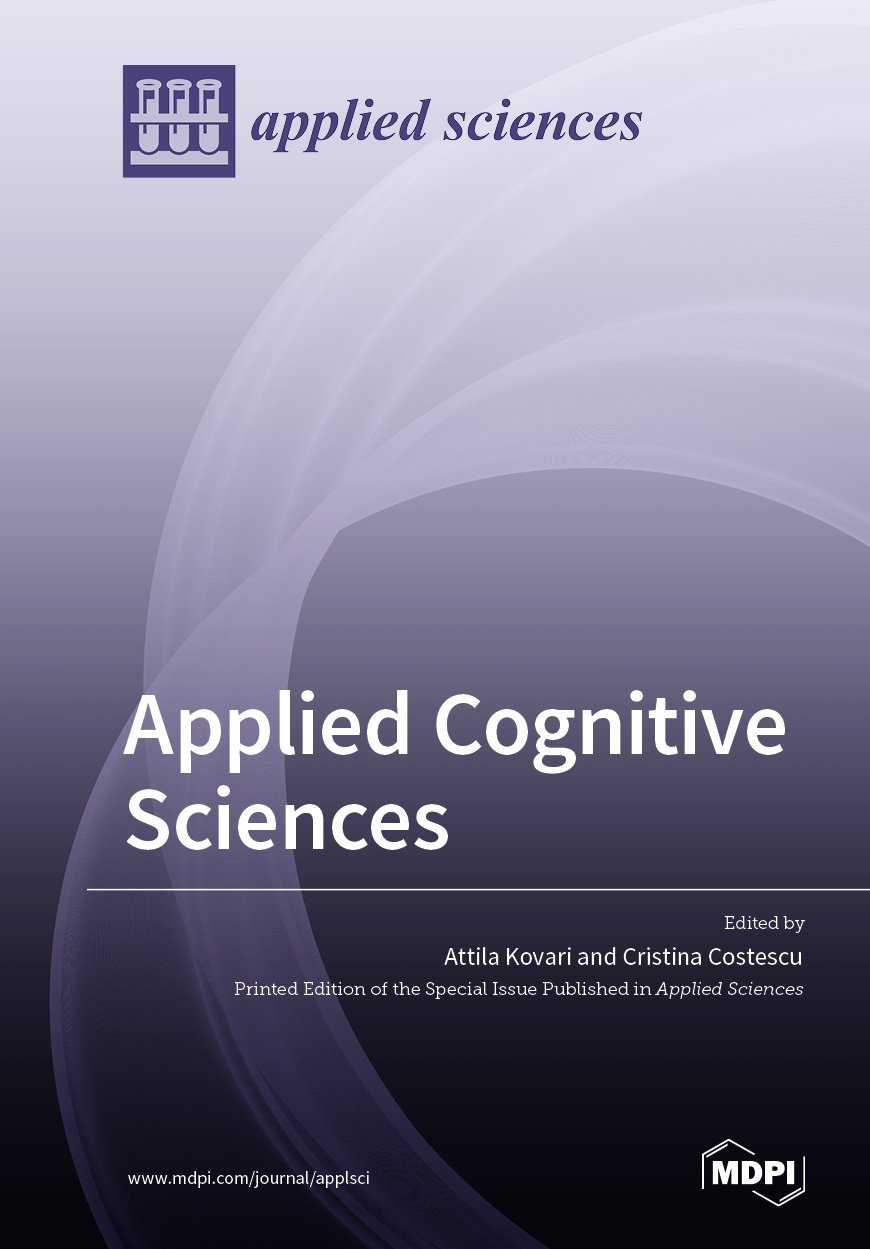基于小波分解的增强Whale优化算法在深度极限学习机中的锂电池健康评估
IF 2.5
4区 综合性期刊
Q2 CHEMISTRY, MULTIDISCIPLINARY
引用次数: 1
摘要
锂电池健康状态估计可以帮助优化电池使用和管理策略。为了应对传统电池管理系统在准确估计锂离子电池的健康状况和解决容量恢复和噪声干扰等问题方面面临的挑战,本文提出了一种基于小波分解和改进的whale优化算法优化的深度极值学习机的锂离子电池SOH估计方法。首先,提取锂离子电池容量退化序列,利用小波分解方法将电池容量分解为全局和局部退化趋势。接下来,采用非线性收敛因子和具有自适应权重的鲸鱼优化算法来优化深度极值学习机,用于预测每个趋势分量。最后,将预测结果进行有效的综合,得到锂离子电池SOH。该实验方法使用NASA和CALCE数据集进行了验证,结果表明,均方根误差和平均绝对百分比误差均低于0.95%,相对准确度和绝对相关系数均超过98%。这证明了该方法具有良好的准确性和稳健性。本文章由计算机程序翻译,如有差异,请以英文原文为准。
Enhanced Whale Optimization Algorithm with Wavelet Decomposition for Lithium Battery Health Estimation in Deep Extreme Learning Machines
Lithium battery health state estimation can help optimize battery usage and management strategies. In response to the challenges faced by traditional battery management systems in accurately estimating the State of Health of lithium-ion batteries and addressing issues such as capacity recovery and noise interference, this paper proposes a method based on wavelet decomposition and an improved whale optimization algorithm optimized deep extreme learning machine for estimating the SOH of lithium-ion batteries. Firstly, the lithium-ion battery capacity degradation sequence is extracted, and the wavelet decomposition method is used to decompose the battery capacity into global and local degradation trends. Next, the non-linear convergence factor and the whale optimization algorithm with adaptive weights are employed to optimize the deep extreme learning machine for predicting each trend component. Finally, the prediction results are effectively integrated to obtain the lithium-ion battery SOH. This experimental method is validated using NASA and CALCE datasets, and the results indicate that the root mean square error and mean absolute percentage error are both below 0.95%, with relative accuracy and absolute correlation coefficients exceeding 98%. This demonstrates the method’s excellent accuracy and robustness.
求助全文
通过发布文献求助,成功后即可免费获取论文全文。
去求助
来源期刊

Applied Sciences-Basel
CHEMISTRY, MULTIDISCIPLINARYMATERIALS SCIE-MATERIALS SCIENCE, MULTIDISCIPLINARY
CiteScore
5.30
自引率
11.10%
发文量
10882
期刊介绍:
Applied Sciences (ISSN 2076-3417) provides an advanced forum on all aspects of applied natural sciences. It publishes reviews, research papers and communications. Our aim is to encourage scientists to publish their experimental and theoretical results in as much detail as possible. There is no restriction on the length of the papers. The full experimental details must be provided so that the results can be reproduced. Electronic files and software regarding the full details of the calculation or experimental procedure, if unable to be published in a normal way, can be deposited as supplementary electronic material.
 求助内容:
求助内容: 应助结果提醒方式:
应助结果提醒方式:


